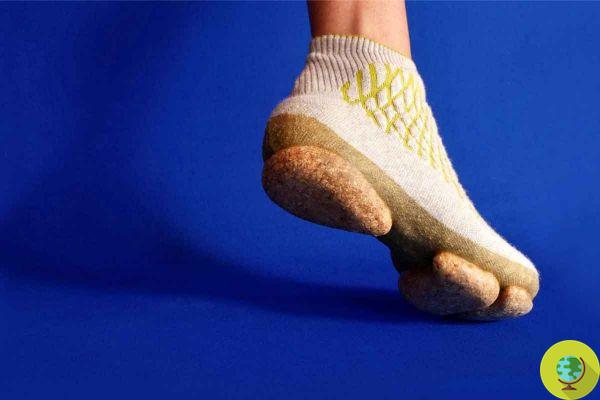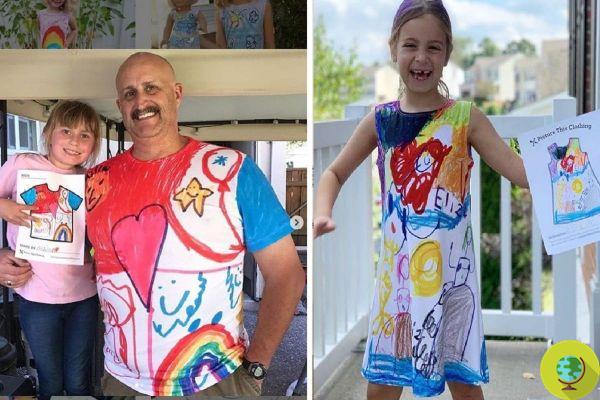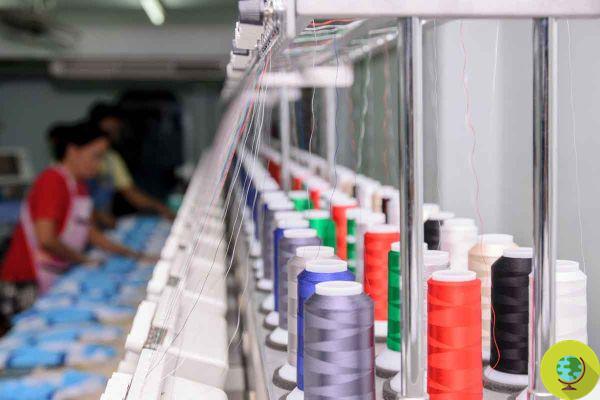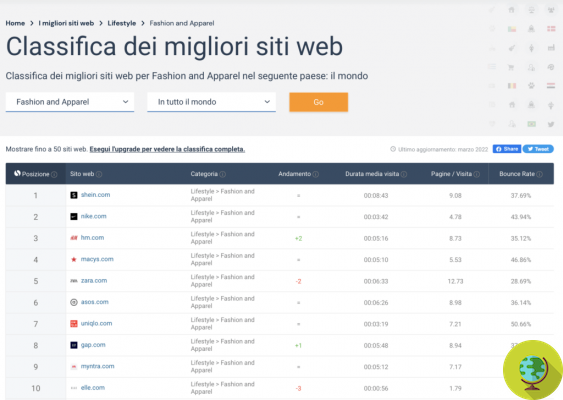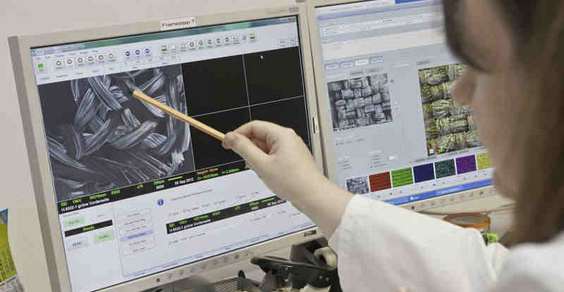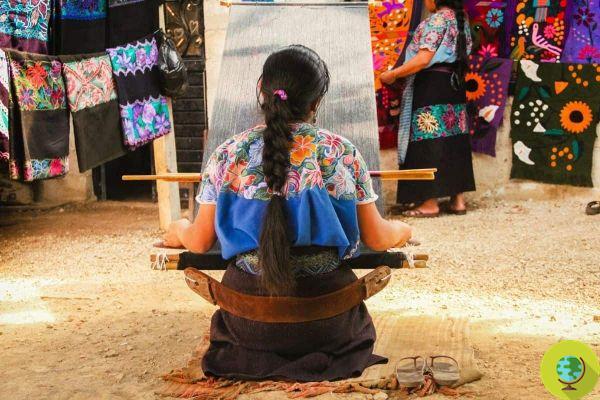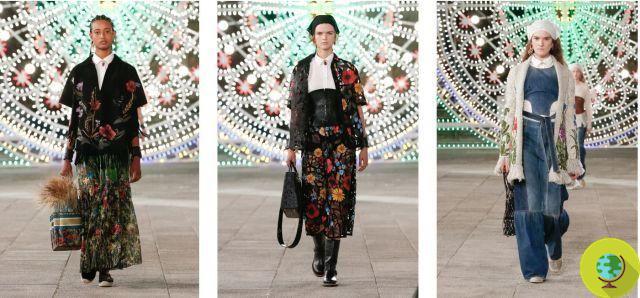From escape from war to factory exploitation. This is the fate that Syrian refugees who have reached Turkey, including children, can face. Unfortunately, the issue of child exploitation has never been so topical. H&M and Next are the only companies to have admitted the presence of children in their suppliers' plants.
Don't store avocado like this: it's dangerous
From escape from war to factory exploitation. This is the fate that the Syrian refugees who have reached Turkey, including children. The theme of the child exploitationUnfortunately, it has never been so relevant. H&M e Next they are the only companies to have admitted the presence of children in their suppliers' plants.
Il Business & Human Rights Resource Center (BHRRC) is carrying out an investigation to understand which international fashion companies buy clothing from Turkish factories where Syrian children are exploited.
Of the 28 companies contacted - among which the names of H&M, C&A, Inditex, Next e White Stuff - only a few would be taking seriously the plight of Syrian refugees exploited for little money in their supply chains.
The BHRRC highlighted meager wages, child labor and even sexual violence suffered by some Syrian refugees present in Turkish garment factories who supply the goods for the European market.
Between 250 and 400 Syrian refugees are reportedly working illegally in Turkey, under conditions of exploitation. The Government of Turkey has promised that starting from mid-January 2016 it will issue work permits for Syrian refugees. Lack of a work permit is one of the primary causes of vulnerability, according to the BHRCC.
Some companies, such as Next and H&M, are committed to avoiding the exploitation of child labor in their supply chain, while others seem less willing to act. Many of the 28 brands surveyed by the Resource Center they refused to answer questions or they only sent short statements. Others cited their own zero tolerance policies for child exploitation but did not show any document proving the absence of the phenomenon in their supply chain.
In particular, only 3 brands (Inditex, Next and White Stuff) specified to suppliers the right treatment modalities for Syrian refugees and provided support to these workers. Only 4 companies admitted the presence of Syrian refugees in their supply chain, 6 denied and all the other companies questioned did not answer the question as communicated by the BHRRC.
Here the table of companies interviewed to investigate the matter.
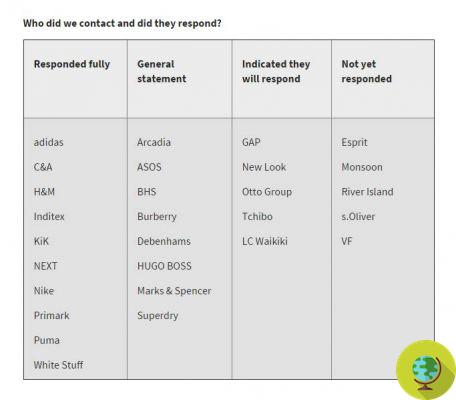
Fonte foto: Business Human Rights
However, the collaboration of some companies has served to convince the Turkish government to issue work permits to Syrian refugees as soon as possible and this is interpreted as an important step forward compared to the current situation.
For more information, see Thu the data made available by the Business & Human Rights Resources Center. Laws Thu le responses from companies.
Marta Albè
Fonte foto: Business Human Rights
Read also:
6 MULTINATIONALS INVOLVED IN SLAVERY AND THE EXPLOITATION OF CHILD LABOR
HORROR BEHIND OUR JEANS: THE SLAVERY OF CHILDREN OF BANGLADESH (PHOTO)
CHANGE YOUR SHOES: DO YOU REALLY KNOW HOW YOUR SHOES ARE PRODUCED? (VIDEO)





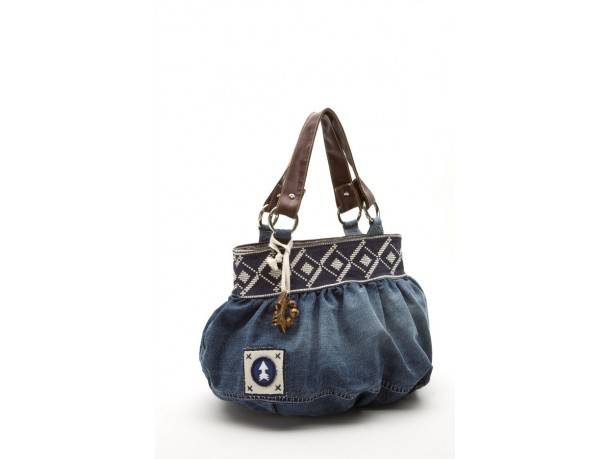

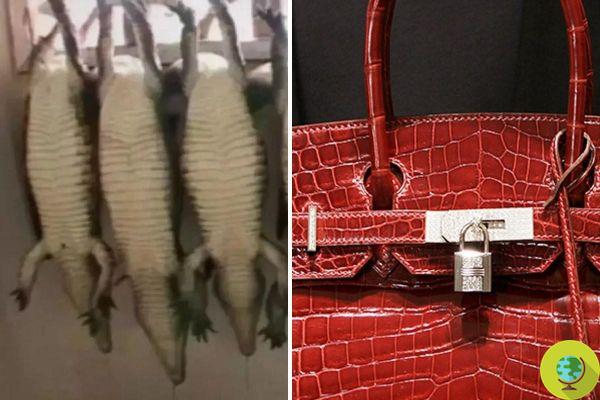
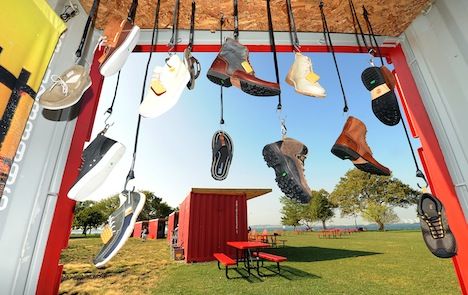

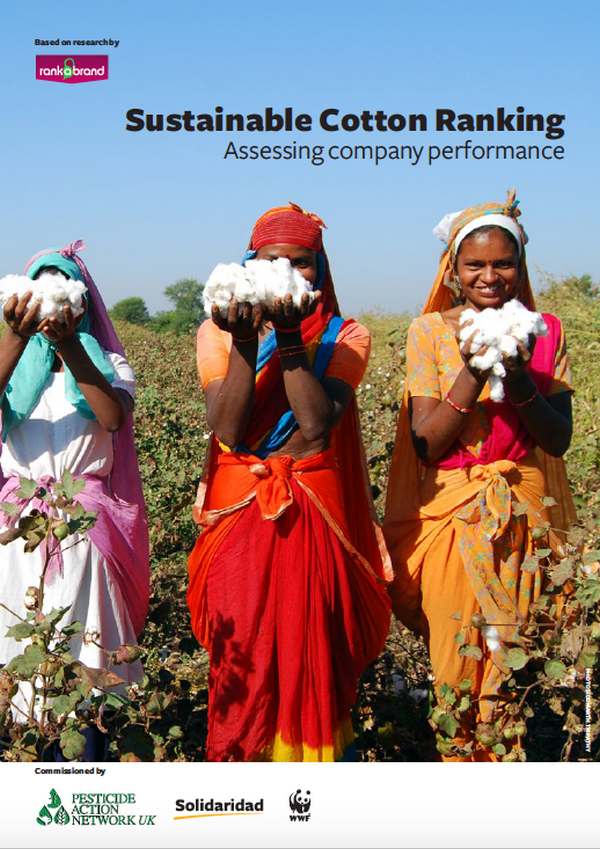
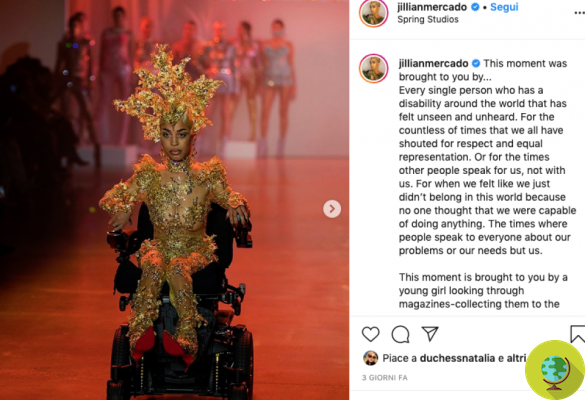
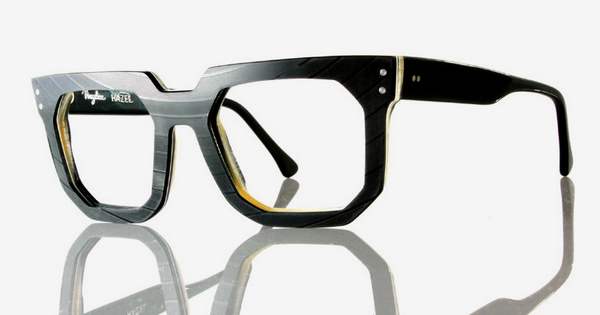
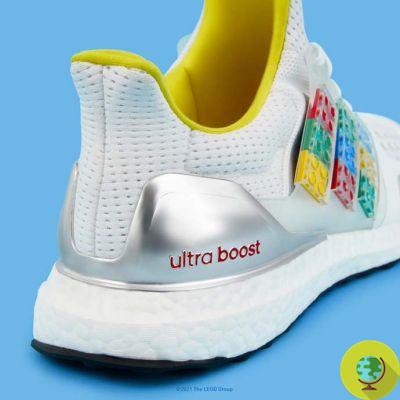
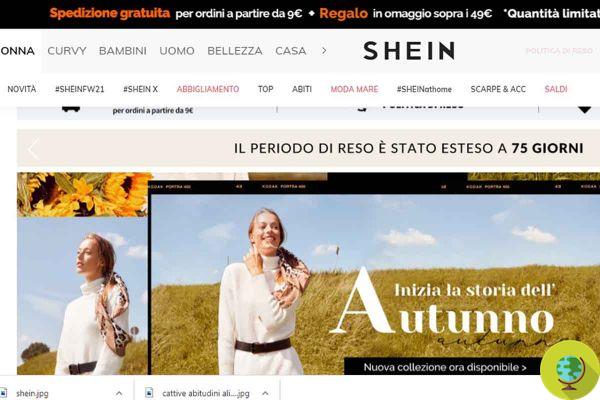
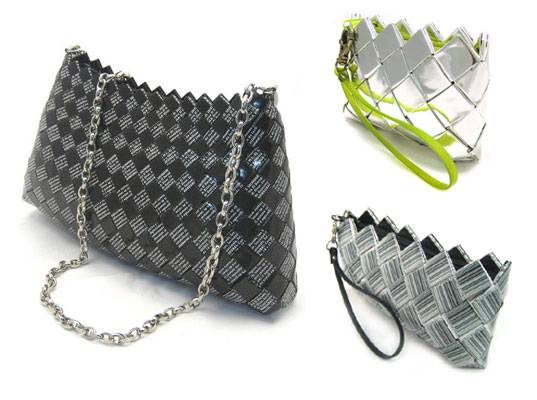
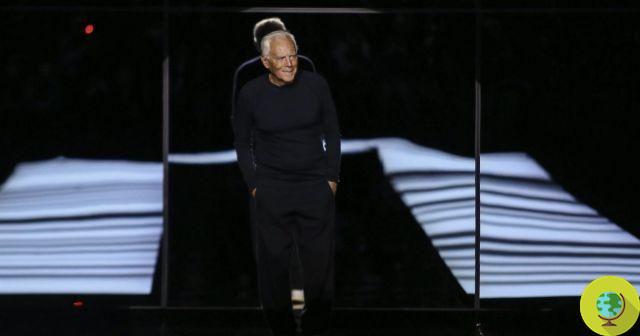
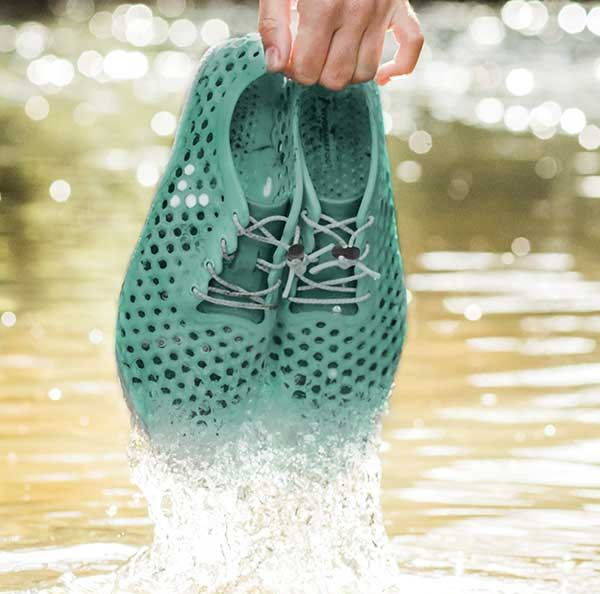
![Vivienne Westwood has a message for all the powerful ahead of COP26 [VIDEO]](/images/posts/221fa8f5dd2d21a4210e6b9071546b56-0.jpg)
